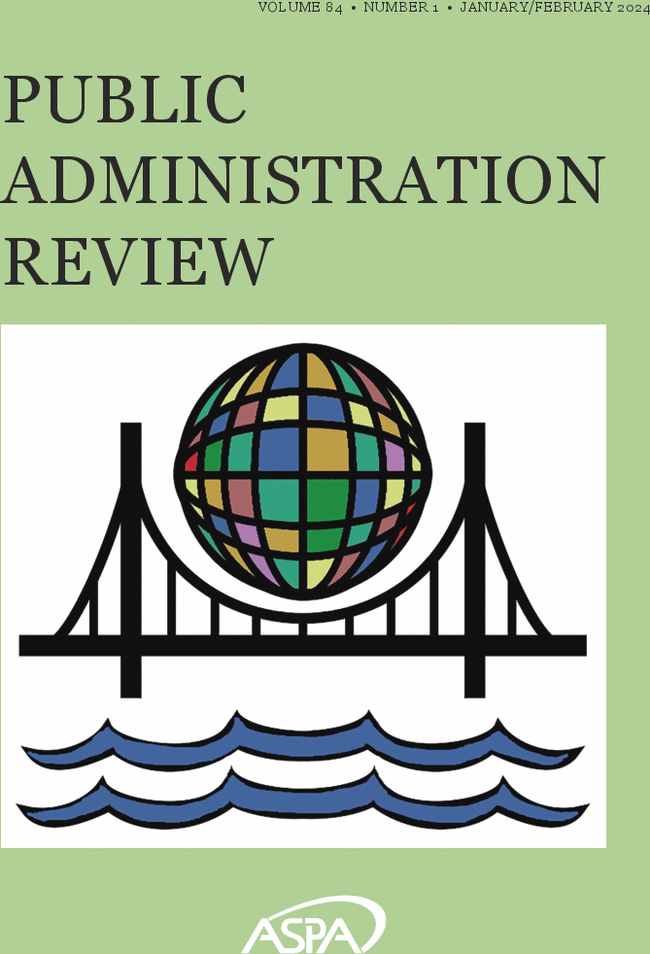公职人员如何感知算法自由裁量权:警务现状偏见研究
IF 4.9
1区 管理学
Q1 PUBLIC ADMINISTRATION
引用次数: 0
摘要
算法正在扰乱公共管理中既定的决策实践。感兴趣的一个关键领域在于算法自由裁量权或公职人员如何使用算法行使自由裁量权。本文借鉴现状偏向理论和官僚裁量权理论,构建了一个解释算法裁量权的框架。一项针对英国警察的研究表明,尽管警察仍然重视他们的自由裁量权,但对现状偏见的抵制才是一个更实质性的解释。转换成本、损失厌恶和性能不确定性决定了阻力,进而决定了不愿将自由裁量权委托给算法。这项研究为公共管理研究做出了贡献,该研究证明了认知偏见对警务等领域越来越多地使用算法的影响。文章最后提出了将算法自由裁量权嵌入公职人员专业发展的建议,以减轻现状偏见的来源。本文章由计算机程序翻译,如有差异,请以英文原文为准。
How Public Officials Perceive Algorithmic Discretion: A Study of Status Quo Bias in Policing
Algorithms are disrupting established decision-making practices in public administration. A key area of interest lies in algorithmic discretion or how public officials use algorithms to exercise discretion. The article develops a framework to explain algorithmic discretion by drawing on status quo bias theory and bureaucratic discretion. A study with police officers in the UK shows that—while officers still value their discretion—it is resistance via the aspects of status quo bias that accounts for a more substantial explanation. Transition costs, loss aversion, and performance uncertainty determine resistance and, in turn, reluctance to delegate discretion to algorithms. The study contributes to public administration research that demonstrates the influence of cognitive biases in the increasing use of algorithms in areas like policing. The article concludes with recommendations for embedding algorithmic discretion into the professional development of public officials to mitigate sources of status quo bias.
求助全文
通过发布文献求助,成功后即可免费获取论文全文。
去求助
来源期刊

Public Administration Review
PUBLIC ADMINISTRATION-
CiteScore
15.10
自引率
10.80%
发文量
130
期刊介绍:
Public Administration Review (PAR), a bi-monthly professional journal, has held its position as the premier outlet for public administration research, theory, and practice for 75 years. Published for the American Society for Public Administration,TM/SM, it uniquely serves both academics and practitioners in the public sector. PAR features articles that identify and analyze current trends, offer a factual basis for decision-making, stimulate discussion, and present leading literature in an easily accessible format. Covering a diverse range of topics and featuring expert book reviews, PAR is both exciting to read and an indispensable resource in the field.
 求助内容:
求助内容: 应助结果提醒方式:
应助结果提醒方式:


